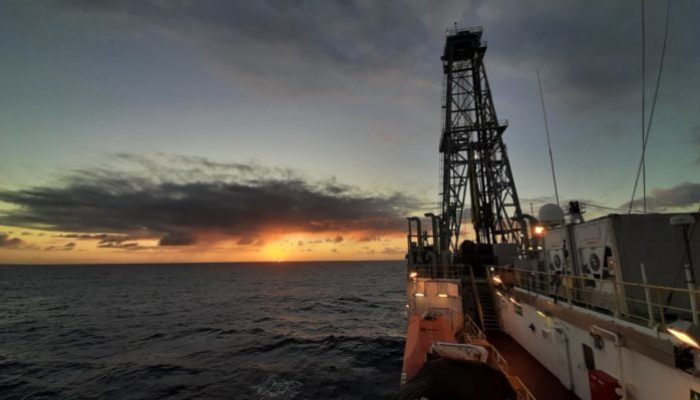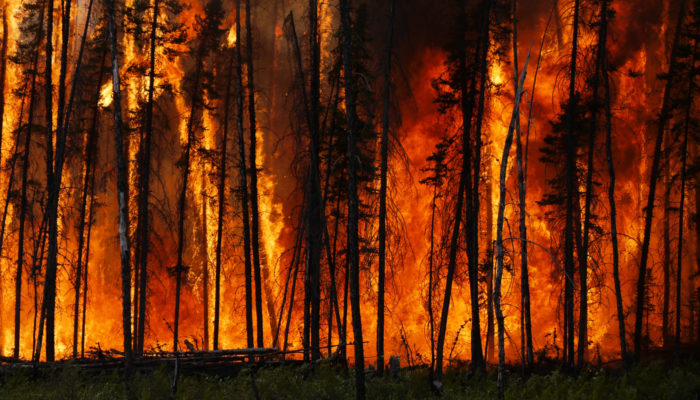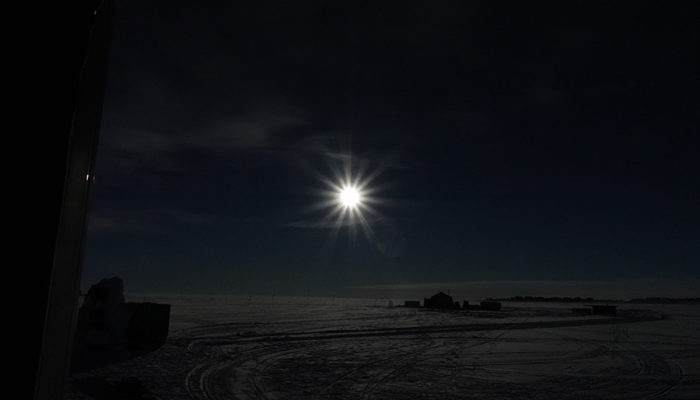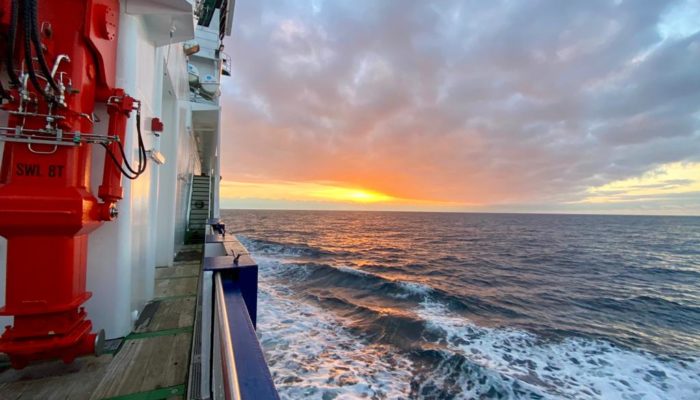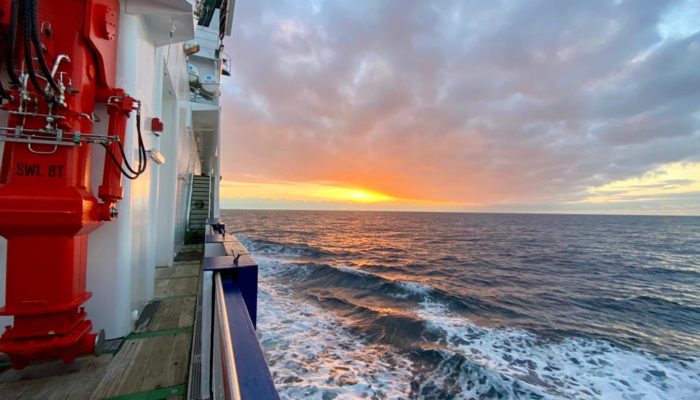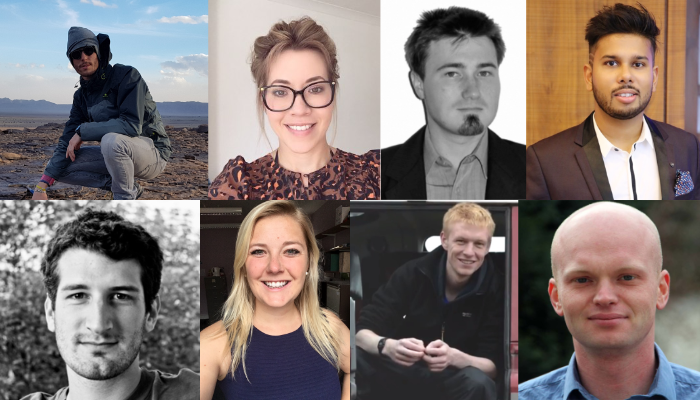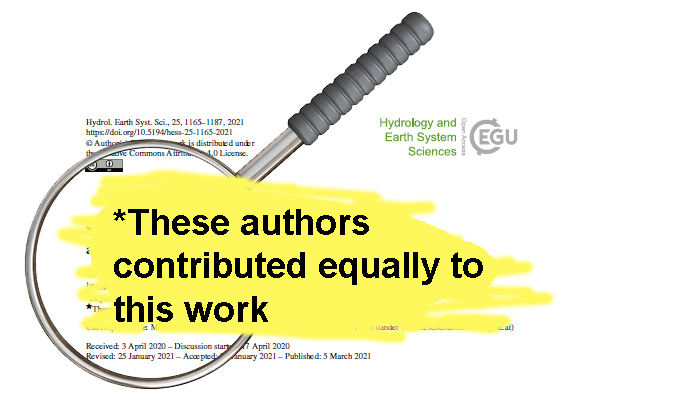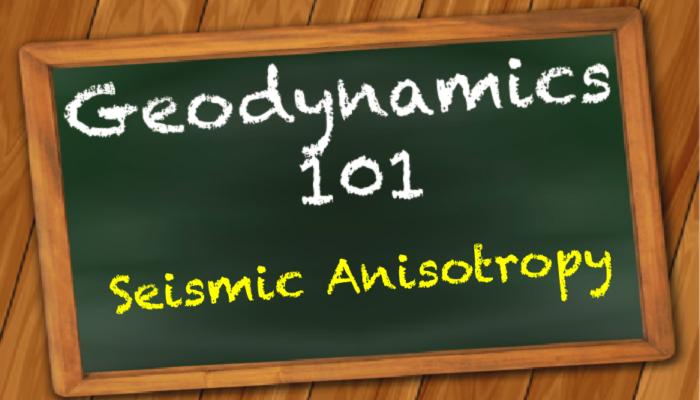This year I was lucky enough to be part of International Ocean Discovery Program (IODP) Expedition 390 – South Atlantic Transect I – aboard the research vessel JOIDES Resolution which spent two months, from April to June, out in the South Atlantic, drilling into and sampling the upper oceanic crust and sediments. I sailed as a petrologist and was responsible for describing how the basa ...[Read More]
Natural Hazards
Fire impacts on Earth across space and time: a discussion-driven conference
Earth is the only known planet with fire activity – everywhere else, there is not enough oxygen for this process to occur. Since fire appeared on Earth many millions of years ago, it has played a key role in the development of plant adaptation and the distribution of ecosystems. However, the natural occurrence of fire changed with the onset of human evolution. The purposeful use of fire for ...[Read More]
Geodynamics
The Sassy Scientist – Challenging Yourself
Single author papers. You have seen those. Early in your career you look at them and think “Wow! This person must be really smart to publish all by themselves”. Later on, your reaction shifts to “Ahah! Look at this person, publishing the tenth paper by themselves! Nobody wants to be associated with this stuff!”. Whether in awe, in derision, or because she is actually writing one of those, Loredana ...[Read More]
Cryospheric Sciences
Lights out: cryosphere instruments perfectly placed to study solar eclipse
On 04 December 2021, only a handful of people in Antarctica were fortunate enough to experience a total eclipse. As well as spectacular views—including a brief window of totality that darkened the midnight sun for 2 minutes—this phenomenon is known to affect the flow of energy between the Northern and Southern hemispheres of the ionosphere. Because eclipses in Antarctica only happen once every ~20 ...[Read More]
Seismology
Dungeons and Dragons (and Dinosaurs and Displacements…!)
This week we’re looking back to a highlight of the Seismology team’s EGU21 output – Dinosaurs & Displacements! So if you’re watching the Dungeons & Dragons sessions in the new season of Stranger Things on Netflix, and think it could do with a big more geoscience, look no further than this blog by the Dungeon Masters Lars Gebraad and Maria Tsekhmistrenko… It’s ...[Read More]
Ocean Sciences
A modern take on the 19th-century scientific expeditions: cruise MSM104/1
“Every ship that navigates the high seas, with these charts and blank abstract logs on board, may henceforth be regarded as a floating observatory, a temple of science.” Matthew Fontaine Maury This is a joint post, published together with the climate sciences division blog and the ocean sciences division blog. The ocean has always been important for humanity, with trade and war being just two exam ...[Read More]
Climate: Past, Present & Future
A modern take on the 19th-century scientific expeditions: cruise MSM104/1
“Every ship that navigates the high seas, with these charts and blank abstract logs on board, may henceforth be regarded as a floating observatory, a temple of science.” – Matthew Fontaine Maury This is a joint post, published together with the climate sciences division blog and the ocean sciences division blog. The ocean has always been important for humanity, with trade and war being just ...[Read More]
Geomorphology
Introducing the Geomorphology ECS Team: the new and the old!
A dynamic and engaging team can make a world of difference, and the EGU GM Division’s ECS team is thrilled to introduce its new members (and reintroduce the old!). Drawing from the past traditions and also making judicious adaptions to fit the present, the current team is formed to strengthen the organisation and the members and identify and expand the synergies that can have a positive impact on ...[Read More]
Hydrological Sciences
The mystery of shared first authorship
Have you heard of the option to have two first authors? Or seen the little star that indicates that both first authors have equally contributed to the work? I got to know the concept many years ago, without having ever used it. Now, one of my PhD students is working on a shared paper. My first reaction as a supervisor was: let’s have a quick look on the current rules about shared first autho ...[Read More]
Geodynamics
Into the anisotropic Earth
While we have sent several rovers to Mars, drilling down even just to the mantle of our own planet is a challenge that we are yet to overcome. How is it then that we know all these things about our planet’s interior? It turns out, we do not need to be inside the Earth to know what is happening there. Observations from geophysics and geochemistry can inform us about the processes and the properties ...[Read More]

